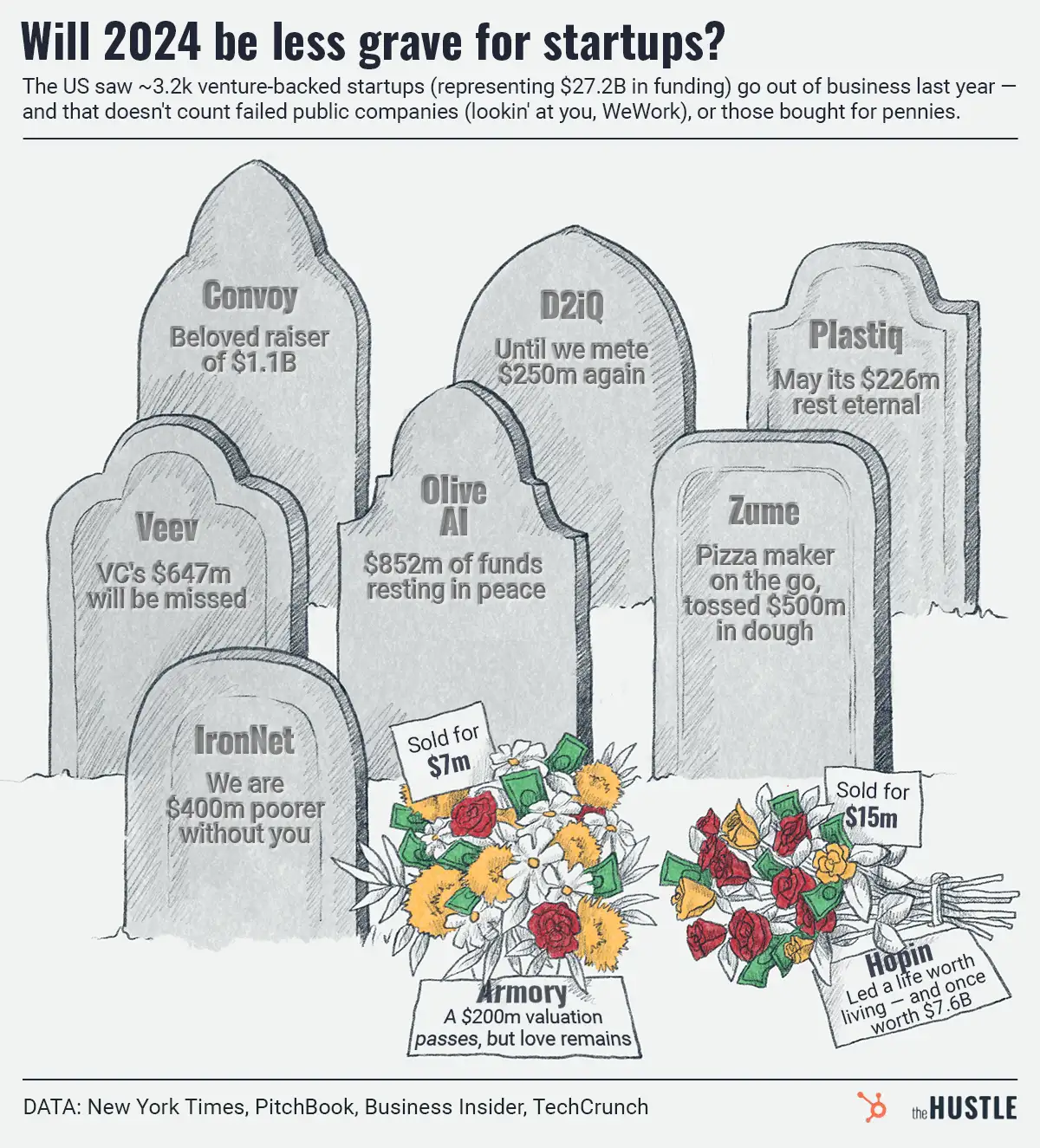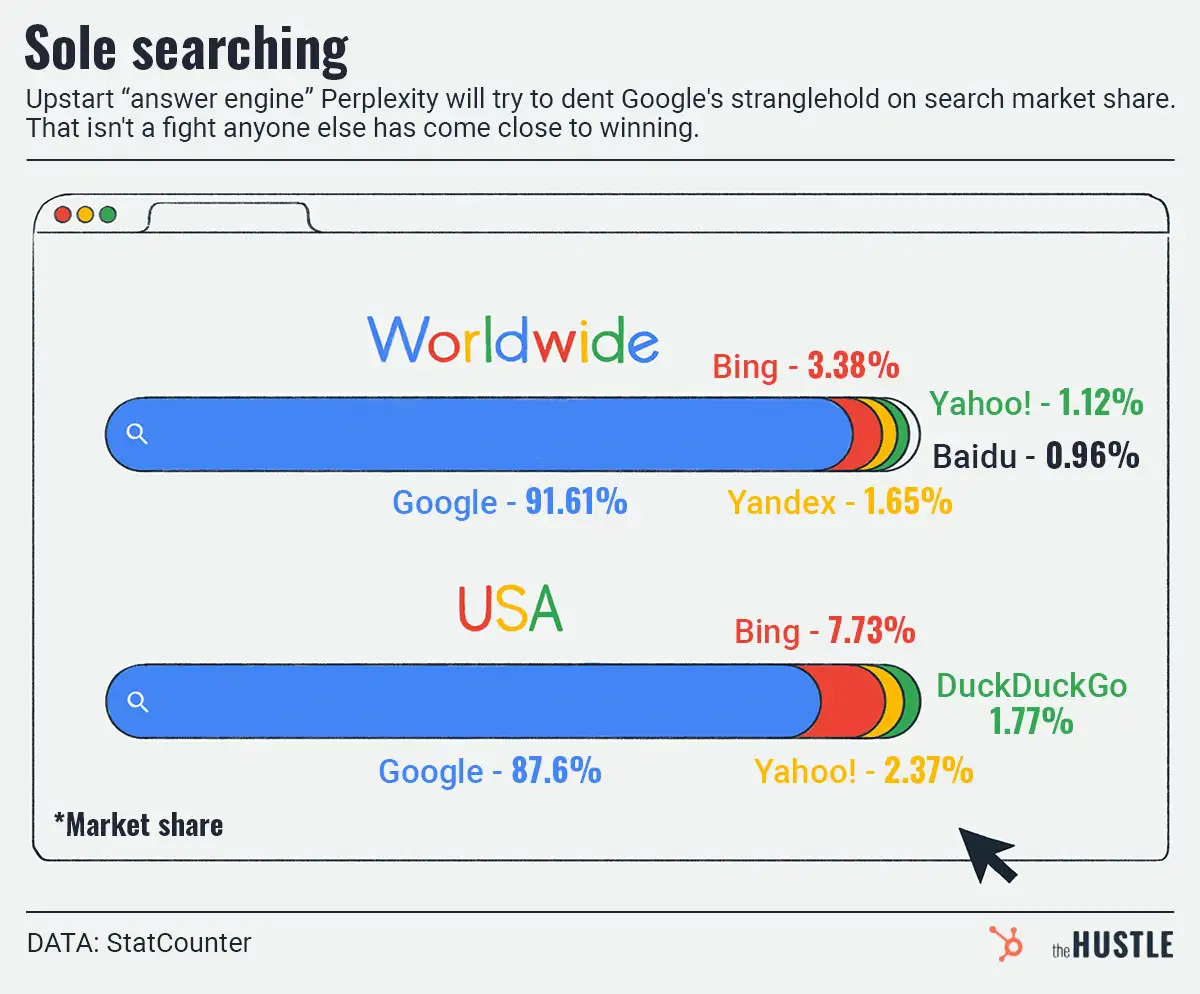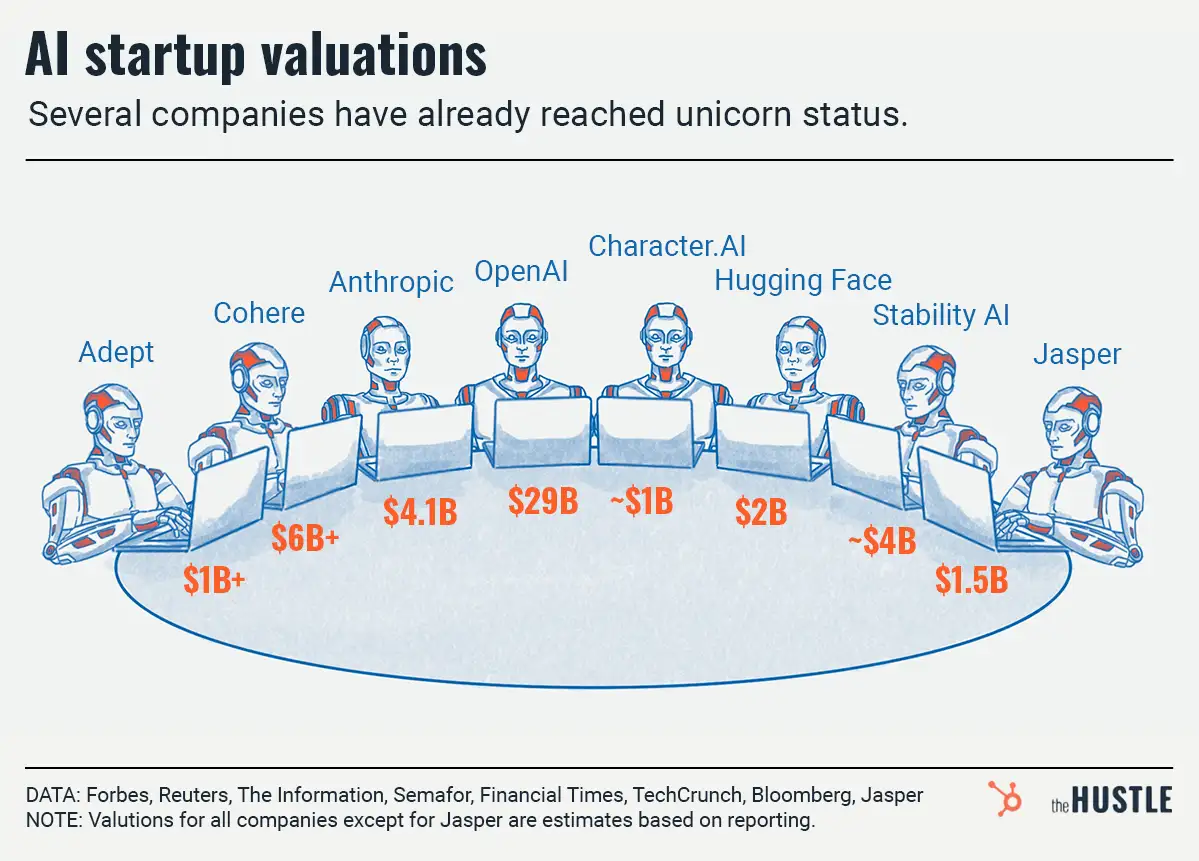Almost all successful Silicon Valley startups follow the same tried and true path: have an idea, get venture capital, grow fast, and then figure out how to make money.

Only, sometimes a startup is in Ukraine, meaning it doesn’t have eager venture capitalists at every corner. Which means they need to bootstrap, become profitable early, and then hit growth numbers so high, when they finally show investors, they spit out their Soylent.
Such is the case with Grammarly, an 8-year-old grammar and spell checking company which just closed an impressive $110m venture round.
Making money for lack of better options
After selling their previously-bootstrapped company MyDropBox, Max Lytvyn and Alex Shevchenko were looking for what was next.
Their expertise was in analyzing text to combat plagiarism, so they decided to continue into the world of wordsmithing, and started their freemium grammar and spell checking company, now called Grammarly.
Turns out they were pretty good at it. Not only were they able to successfully bootstrap again, but got the company to 6.9m daily active users, and 110 employees before getting any outside funding.
So why sell out now?
Part of it is to take a little off the top for secondary capital (which is just making sure early shareholders get some liquidity). The rest goes to hiring new team members and improving the algorithm.
Not to mention, longtime CEO Brad Hoover used to be a partner at General Catalyst (who led the round) and probably finally decided to add that new wing to his house…
Regardless of the motivation, the software is already better than your run-of-the-mill squiggly, and uses AI to improve spelling, grammar, and (for $12/month), “suggestions on tone and context-specific language.”
Easy money for people who want to start making a better impresion.
Startup










